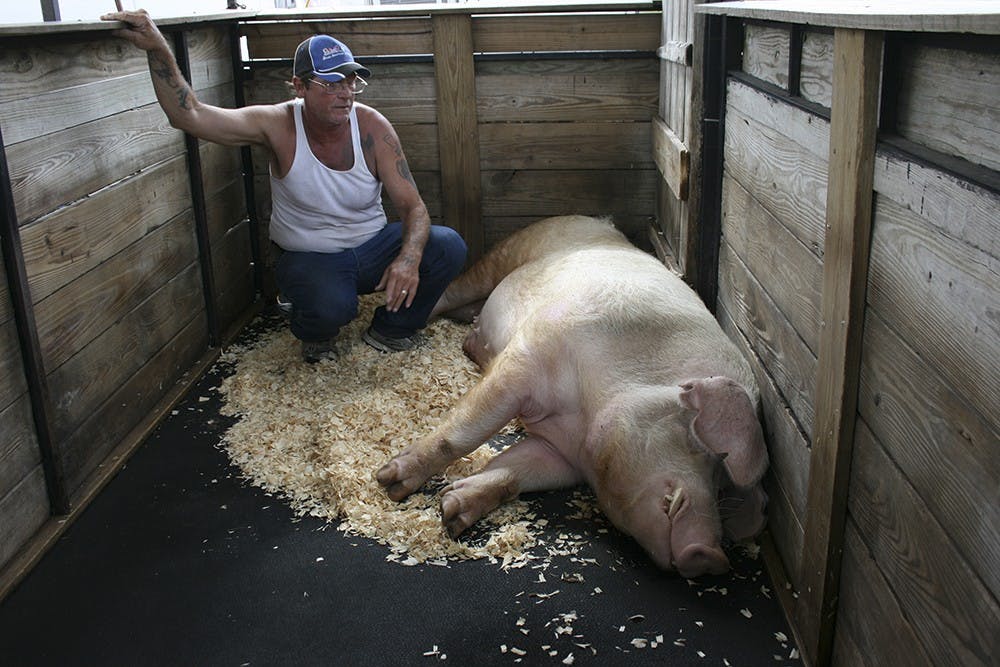The letter follows a 2014 Title VI complaint filed by the Waterkeeper Alliance, the North Carolina Environmental Justice Network and REACH NC.
Naeema Muhammad, co-director for the North Carolina Environmental Justice Network, said the EPA came to the state in late October to speak to 85 community members affected by the hog industry.
“They had great concern with the Department of Environmental Quality’s ability to fix the problem, and they wanted to encourage them to,” Muhammad said. “(The EPA was) concerned that the community members had experienced intimidation at the hands of this industry.”
Muhammad said the original complaint cited numerous environmental and health problems, including upper respiratory issues, high blood pressure and a higher rate of asthma in children within a two and a half mile radius.
“They told us they feel like prisoners in their own homes, and they feel like they have to negotiate with the air,” Muhammad said.
Geoff Gisler, senior attorney at the Southern Environmental Law Center, said hog farms in eastern North Carolina are concentrated in areas with communities of color. These populations are therefore disproportionately bearing the burdens of the industry.
“This was an effort to take a little different approach to bring this to light and show how the state is not protecting its citizens,” Gisler said. “They can’t hang their clothes out to dry, they can’t open their windows, they can’t play in their yards, in some cases they can’t drink the water.”
Will Hendrick, staff attorney at the Waterkeeper Alliance, said the unequal distribution of burdens suggests the Department of Environmental Quality violates civil rights law..




